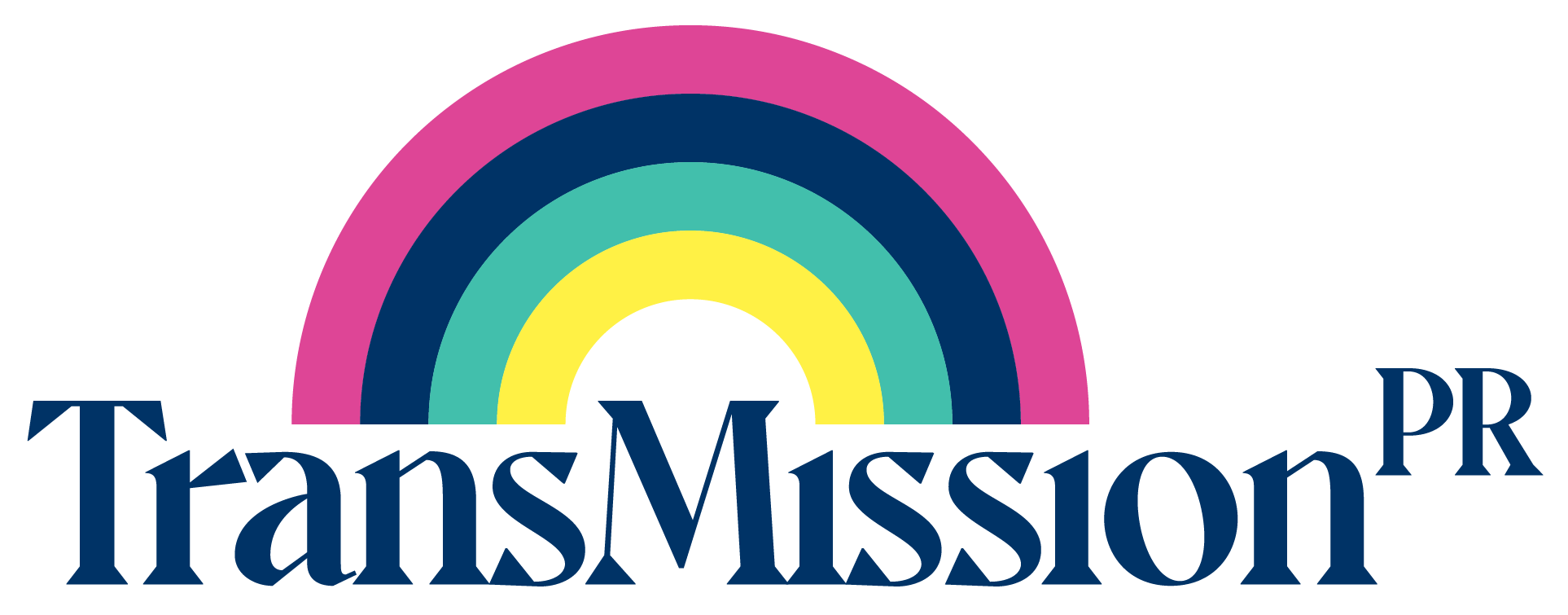
05 Jan Why Freedom of Speech Doesn’t Equal Freedom to Discriminate
Guest blog, Cleo Madeleine
If you’ve turned on the TV or read the news in the past ten years or so you’ve probably heard the phrase ‘freedom of speech’. It crops up a lot, often in the format ‘X is a threat to freedom of speech’ or ‘freedom of speech needs to be protected from Y’. It’s used so often that the phrase itself is in danger of becoming meaningless; a stand-in for any situation where what should or could be said is questioned.
So what, exactly, does it mean? In specific terms, freedom of speech refers to the enshrinement in law of every person’s individual right to hold their own beliefs and opinions and to share them without interference from public authorities (like the police). In the UK, for instance, freedom of speech is governed by the Equality Act 2010, where it comes under ‘freedom of expression’. More broadly speaking, freedom of speech is sometimes used as a symbolic term referring to whether an individual can express a certain idea without criticism.
Understandably, freedom of speech comes up a lot in conversations around social justice. An old example of this might be the use of ‘gay’ as an insult. In the 2020s most of us would think this was wrong, and certainly wouldn’t teach our children to say it, but a generation ago it was much more common. As language changes with time and marginalised groups are better recognised, our standards of what is, and what is not acceptable, also change.
However, sometimes more conservative groups perceive these changes as detrimental to freedom of speech. If we used to say it before, why can’t we say it now? Isn’t it our legal right to say what we think? And while we might have (broadly speaking) moved on from using ‘gay’ as a slur, transgender people are still frequently the subjects of arguments about freedom of speech. Take, for instance, pronoun use. Many transgender people change which personal pronoun they use to refer to themselves – she/her, he/him, they/them, and so on – to reflect their identity. Not only is it disrespectful to intentionally use the wrong pronoun (‘misgendering’), it’s also detrimental to the mental health of the trans person in question. Studies show that, particularly in young trans people, use of correct names and pronouns improves mental health outcomes. Nevertheless, some people who oppose transgender rights argue that their protected freedom of speech means they are not obliged to use the right pronouns for trans people under freedom of speech. (Never mind that those who shout loudest about freedom of speech are often the same people with news columns, TV segments, and millions of followers online – but that’s another conversation.)
Is this true? Yes and no. The Equality Act makes it clear that no one can be persecuted by the government or the police for their opinions. Whether someone is for or against transgender rights, they are entitled to their beliefs. But it’s also worth noting that the Equality Act doesn’t protect hateful or discriminatory actions, nor does it promise freedom from criticism. There are plenty of individuals in newspapers and on social media who wield ‘freedom of speech’ like a shield, as if it protects them from disagreement or censure. This is not the case. Social media platforms, as private entities, are within their rights to ban users who violate their terms of service. This is not a freedom of speech issue. Other institutions, like universities or workplaces, will have their own policies and codes of conduct governing what is and is not appropriate behaviour. This, too, is not a freedom of speech issue.
In fact, the Equality Act is designed – at least in essence – to protect everybody. Transgender people are protected under the characteristic of ‘gender reassignment’, and the Act makes clear that harassment, discrimination, or otherwise causing harm to a person because of their protected characteristic is unlawful. Naturally, the way this interacts with freedom of expression is complicated, but the broad strokes are clear: freedom of speech doesn’t mean freedom to discriminate.
Ultimately, we have to accept that some people may say hurtful things and that they may be exercising their rights to freedom of speech in doing so. It’s also worth pointing out that not everybody who slips up or uses the wrong words does so out of hate – most people are sympathetic to transgender people and are just trying to understand. But we don’t have to accept poor treatment of transgender people as a fact of life. Repeated misgendering from a colleague might well be an expression of their beliefs, but it likely also constitutes harassment. If a manager says that transgender people aren’t suitable for customer-facing roles, that might well be their opinion – and it’s their legal right to have it – but it’s still discrimination.
If we understand how freedom of speech is supposed to work – that is, to ensure that everyone, regardless of identity, has a voice – we can see how it is appropriated to take that voice away from marginalised people. And by properly understanding our rights, we can ensure that freedom of speech isn’t used to hurt anyone simply for being who they are.
Cleo Madeleine (she/her) is a researcher, activist and poet. She works at Gendered Intelligence and is one half of LGBTQ+ comedy podcast Pronouns in bio.
- Why Freedom of Speech Doesn’t Equal Freedom to Discriminate - January 5, 2022


